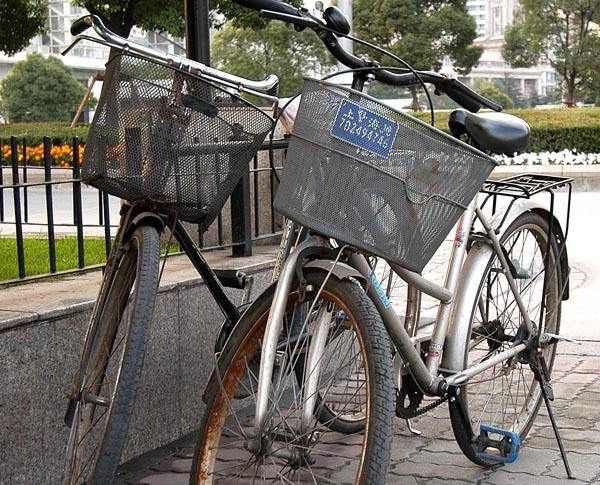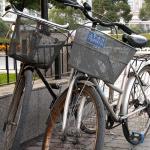Modern China pedals away from iconic bicycle
TIANJIN, China - In Maoist China, the famed Flying Pigeon bicycle was a symbol of the egalitarian nation's "iron rice bowl," the social system that promised little comfort but a reliable ride through life.
But today the once-thriving bicycle company is struggling to survive in a free-flowing modern Chinese society, amid stiff competition and sales numbers that are barely half of those in its glory years.
"Production quality is like your rice bowl and your life," reads a banner in its factory workshop in the northern port city of Tianjin that reflects both the past and the present changes facing the company.
Before China embarked on economic reforms at the end of the 1980s, the Flying Pigeon was the king of Chinese bikes, especially in the north, where it easily outsold the other major state-run bicycle manufacturers.
When collectivism reigned in China, a bicycle was one of the "three must haves" of every citizen, alongside a sewing machine and watch -- essential items in life that also offered a hint of wealth in those dour times.
"People used to have to save up for a least a year to be able to buy a bicycle," said Zhao Xuejie, vice director of the company's import and export department.
"At that time demand far outstripped supply and people had to sign up to reserve a bike."
In the firm's reception room, a series of photos recalls the company's heyday, with one notable black and white image showing former revolutionary leader Mao Zedong on a factory visit during the 1950s.
But the stamp of approval from leaders like Mao no longer helps to sell bicycles.
"This kind of thing has no meaning to today's youths. It's better to use advertisements with movie stars or singers," Zhao said, as he lamented the company's economic struggles.
"Although profits are low and the costs of salaries and materials are rising, we cannot raise the price of our bikes."
At its peak in 1986, Flying Pigeon sold three million bikes. Now the company sells about half that number annually.
But it is at least staying afloat as it undergoes the painful process of learning the art of modern business.
In 1998, Chinese private investors moved into the once proud state-owned company, when sales were at their worst, resulting in a massive restructuring process.
The factory employed as many as 10,000 employees at the end of the 1980s, but that number has now been reduced to 700, most of whom earn about 1,500 yuan (194 dollars) a month.
Flying Pigeon's traditional bike, a clumsy and heavy model that was nevertheless sturdy and well-suited to the harsh conditions of China's countryside, still makes up about 20 percent of its annual sales.
But the company is increasingly looking to more practical and popular versions -- such as all terrain bicycles, foldable ones that are easy to store, racing and electric bikes -- to keep up in the increasingly dynamic market.
The cheapest models, most often bought by students, cost between 200 and 300 yuan, while the most expensive bike costs 2,000 yuan.
"We must keep an open attitude," said Zhao, as he unveiled his latest model, the "pet bike" that can carry a dog or a cat.
As well as stiff competition, bicycles are losing ground to public transport and cars. But Zhao remains optimistic because the government has placed a priority on fighting pollution.
"Bikes can help protect the environment, car ownership remains in the minority and most people cannot afford one. If there are too many cars, then this will lead to serious problems for the people," he said.
"Young people also need to exercise. So in a number of ways, the bicycle is still irreplaceable."
* * * * *
 ThingsAsian
ThingsAsian















